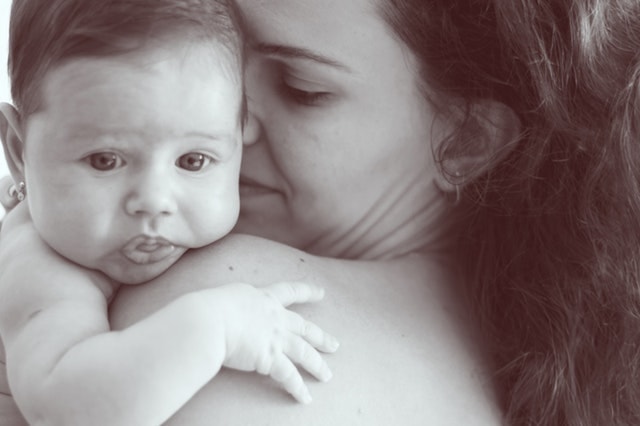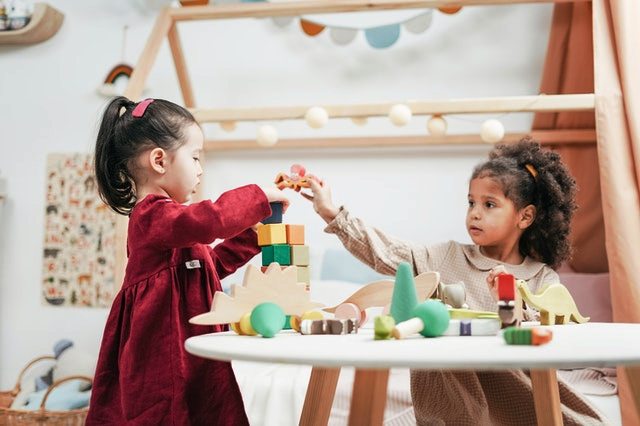Navigating the tightrope between traditional values and modern lifestyles is a unique and ongoing challenge for Indian parents. In a country where heritage and culture are deeply ingrained, the rapid pace of modernization has created a dynamic landscape for parenting. This blog post delves into how Indian parents balance these seemingly contrasting elements in raising their children.
The Importance of Traditional Values
Traditional values in India are rooted in a rich cultural heritage that spans thousands of years. These values emphasize family, respect for elders, communal living, and adherence to religious practices. Many Indian parents strive to instill these principles in their children from a young age. They believe that traditional values provide a strong moral foundation, fostering a sense of belonging and identity.
Key Traditional Values:
- Respect for Elders: In Indian culture, respecting elders is paramount. Children are taught to greet elders with reverence, often touching their feet as a sign of respect. This practice reinforces humility and the importance of learning from those with more life experience.
- Family Unity: Family is the cornerstone of Indian society. Extended families often live together or maintain close ties. This sense of unity provides emotional support and a network of care that is crucial in a rapidly changing world.
- Religious Practices: India is home to diverse religions, and religious practices are integral to daily life. Rituals, festivals, and prayers play a significant role in the upbringing of children, instilling spiritual values and a sense of tradition.

The Influence of Modern Lifestyles
Modern lifestyles bring a host of new opportunities and challenges. With globalization, urbanization, and technological advancements, Indian society has seen significant shifts in how people live and work. These changes impact parenting, as parents must navigate new norms and expectations while holding onto their cultural roots.
Key Aspects of Modern Lifestyles:
- Education and Career: With increased access to education, there is a greater emphasis on academic achievement and career success. Parents encourage their children to pursue higher education and competitive careers, often balancing this with traditional expectations.
- Technology and Media: The digital age has transformed how children learn, communicate, and entertain themselves. Smartphones, social media, and online education are now integral parts of daily life. Parents face the challenge of managing screen time and ensuring safe internet use while leveraging technology for learning.
- Individualism and Independence: Modern values often emphasize individualism and personal freedom. Indian parents must balance this with communal values, teaching their children to be independent while respecting family and societal norms.
Strategies for Balancing Traditional Values and Modern Lifestyles:
Balancing these two worlds requires flexibility, open-mindedness, and a willingness to adapt. Here are some strategies Indian parents use to navigate this complex landscape:
1. Open Communication
Effective communication is key. Parents who engage in open and honest dialogues with their children can better understand their perspectives and concerns. This helps bridge the gap between traditional expectations and modern realities. Encouraging children to express their thoughts and feelings fosters mutual respect and understanding.
2. Setting Boundaries
While embracing modernity, setting clear boundaries is essential. Parents can establish guidelines for technology use, academic responsibilities, and social activities. These boundaries help children develop self-discipline and respect for family values. For instance, setting designated times for family meals or religious practices ensures that traditions are maintained amidst a busy lifestyle.
3. Leading by Example
Parents serve as role models for their children. Demonstrating a balance between respecting traditions and embracing modernity can be a powerful way to teach children. Parents who practice cultural rituals while pursuing modern careers show that it is possible to honor the past while living in the present.
4. Incorporating Tradition in Modern Activities
Integrating traditional values into modern activities is an effective way to maintain cultural heritage. For example, celebrating festivals with traditional customs while incorporating contemporary elements can make these events more relatable and enjoyable for children. Similarly, parents can use technology to teach children about their cultural history through documentaries, virtual tours of historical sites, and online classes on traditional arts.
5. Encouraging Cultural Engagement
Encouraging children to participate in cultural activities, such as dance, music, and art, helps them stay connected to their roots. Involvement in community events, cultural festivals, and religious ceremonies fosters a sense of pride and belonging. These experiences provide a deeper understanding of cultural values and their significance.
Challenges and Resolutions:
Despite best efforts, conflicts between traditional values and modern lifestyles are inevitable. Here are some common challenges and potential resolutions:
1. Generational Gaps
The difference in upbringing between parents and children can lead to misunderstandings. Parents may find it challenging to relate to their children’s modern experiences. To address this, parents can educate themselves about contemporary issues and trends, fostering empathy and better communication.
2. Peer Pressure
Children often face pressure to conform to modern norms that may conflict with traditional values. Parents can help by discussing the importance of cultural identity and encouraging critical thinking. Teaching children to appreciate their heritage while respecting others’ choices builds resilience against peer pressure.
3. Balancing Freedom and Guidance
Finding the right balance between granting freedom and providing guidance is tricky. Parents should strive for a middle ground, allowing children to explore and learn independently while offering support and advice when needed. This balance helps children develop confidence and responsibility.
Conclusion
Navigating the delicate balance between traditional values and modern lifestyles is an ongoing journey for Indian parents. By fostering open communication, setting boundaries, leading by example, and integrating tradition into modern activities, parents can raise children who are grounded in their cultural heritage while thriving in a contemporary world. Despite the challenges, this dynamic blend of tradition and modernity enriches the Indian parenting experience, creating a unique and resilient cultural tapestry.
MORE POSTS: How to Convince Your Asian Parents to Let You Go Out



